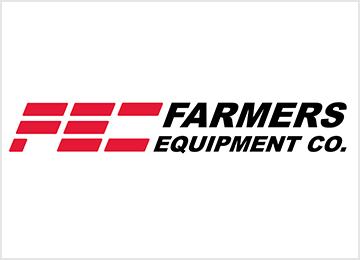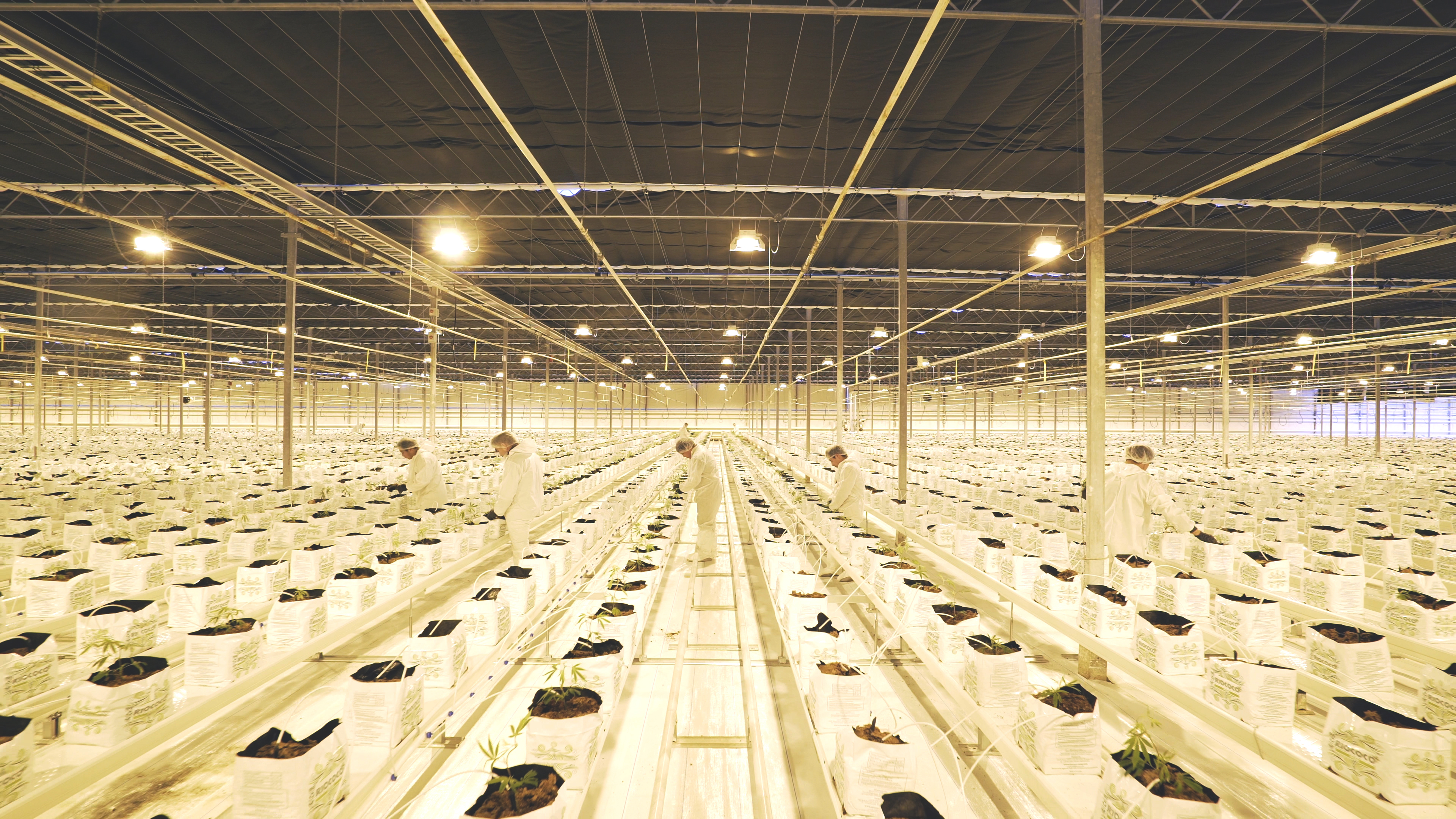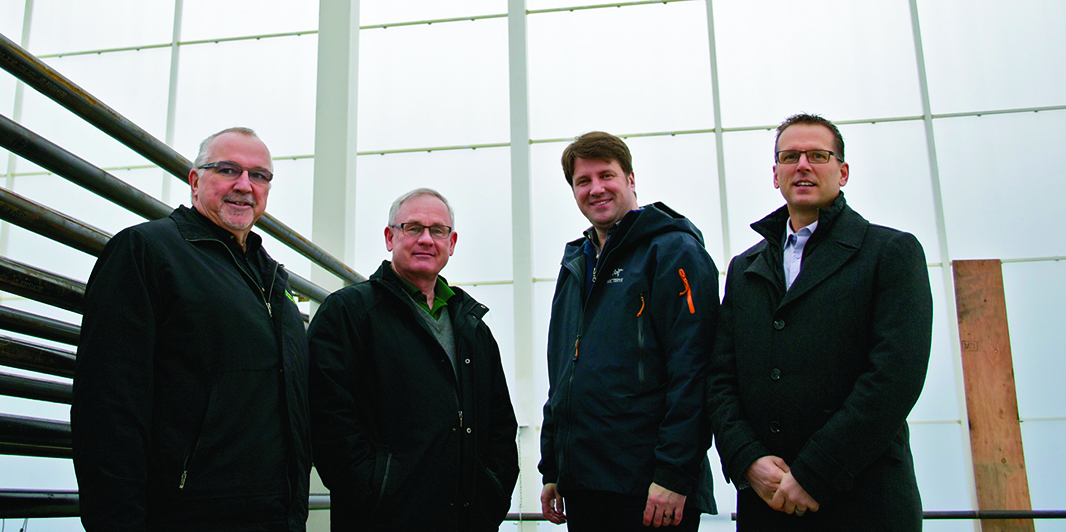By Cate Pedersen
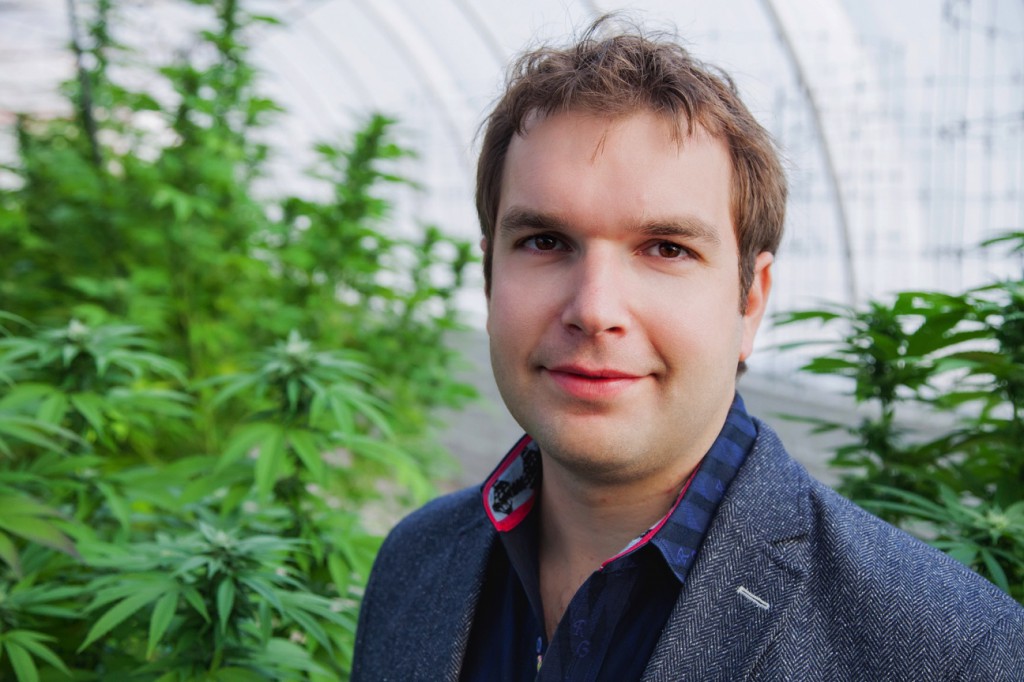
Andrew MacCorquodale is Managing Director for the Hemp Division and Head of Operations for Western Canada for Canopy Growth Corporation, and he might breathe a little easier when October 17th rolls around. That date must be circled in red on his calendar, as the legalization of marijuana in Canada approaches.
After years as a technology entrepreneur and helping others succeed in business, MacCorquodale built his own successful Saskatchewan-based cannabis company in 2013 which was purchased in 2017 by Canopy Growth Corporation (Canopy).
The introduction of the medical market hit the radar back in 2012, and it was in 2013 that Canopy was established, becoming a publicly traded company in 2014. Shortly after that, in October 2015, came the federal liberal election win, with a promise to legalize cannabis for recreational purposes, and the idea of the market expanding beyond medical use for Canopy became a reality.
Canopy has since been ramping up their production distribution, branding, and marketing assets, and working on their skill sets internally in order to ensure they are able to deliver on this new adult market.
MacCorquodale’s expertise came in handy as he helped transition greenhouse operations in Aldergrove and Delta from growing vegetables to growing cannabis in readiness for a huge expansion once recreational cannabis use is legalized.
According to MacCorquodale, Canopy is good at identifying great assets that will complement their core business and are keen to attract entrepreneurially-minded teams to help drive those businesses.
For many greenhouse operators like the Delta-based Krahn family, MacCorquodale observed that the move was just the natural lifecycle of agriculture. The Krahns partnered with Canopy under the name BC Tweed.
“The excitement of something new is what drives entrepreneurs to continually push the envelope and the Krahns aren’t any different,” said MacCorquodale. “They saw cannabis as just another crop, coupled with strong economic factors to help drive their decision.”
He explained that the farmers who grow cucumbers, tomatoes, peppers etc. in greenhouses now are just following commodity cycles, and as those cycles change, so do the crops.
“If it didn’t make business sense, there wouldn’t be a desire to launch into something that’s fairly unknown.”
It’s important to note that Canopy Growth takes time to find the right fit with partners, and they have to strategically align with what they are looking for.
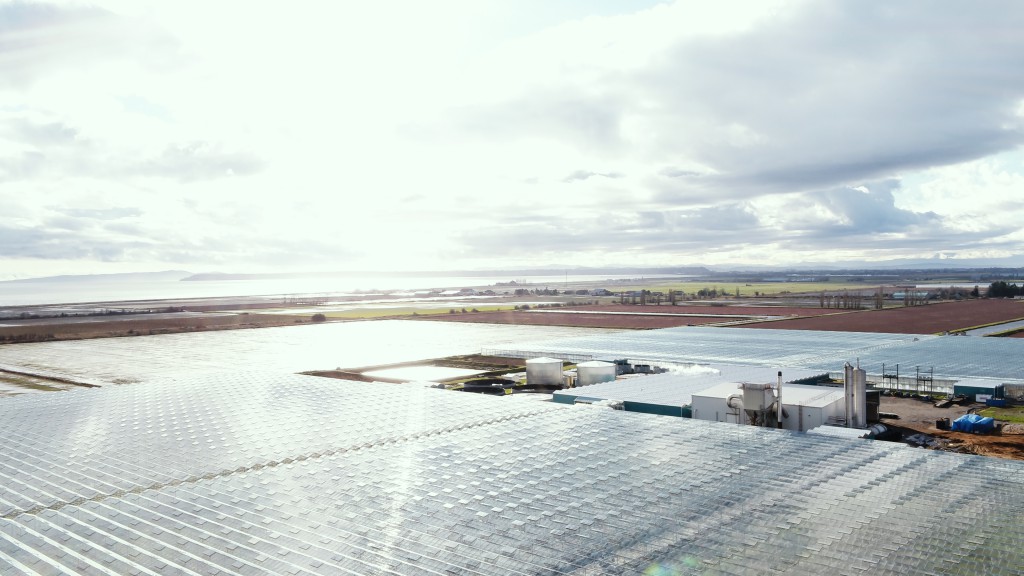
In the case of BC, Canopy sought out a large greenhouse asset, and examined the logistics of location, proximity to residential areas, ability to control odour, storage, transportation, and security—perhaps the most important consideration.
“We want to be a meaningful and respectful part of the community, and participants in new industries must go to extraordinary lengths to ensure everyone is comfortable with what you’re doing.”
Canopy Growth is now the largest producer of cannabis in the world. They have operations in Canada, Germany, Denmark, Czech Republic, Spain, Australia, Chile, Brazil, Jamaica, and now South Africa.
“In Canada, we have a production footprint of over 5 million square feet. We feel confident that our production assets will deliver on the expected demand in Canada and are aggressively expanding into international jurisdictions,” MacCorquodale described. “There are other similar opportunities where, in many ways, they are following Canada in regulatory reform. Any country where it is legally permissible to do so, we will be exploring those markets.”
Canopy, through their subsidiary brand Tweed, has been operating in Canada for the last few years, and has an established customer base under the medical regime, but that’s about to change substantially. They will be introducing their recreational use market after October 17th, and their products can be purchased online at Tweed.com.
“As with any industry, we have to operate within federal and provincial regulations, while planning and preparing for the potential massive market expansion. It is a matter of keeping a pulse on that and taking educated risks to ensure capital is deployed in a way that is responsible but also puts us in the best position to deliver and take our share of the upcoming recreational market. The business landscape is now a lot more clear and a much safer bet, and we all feel more confident than ever in that legalization campaign promise made back in 2015.”
Canopy has invested heavily in outreach and education within the medical space for many years and they pride themselves on fostering relationships with customers, patients and physicians, and their plan is to continue outreach and education in the recreational context.
“We’ve always been a leader in education, not just about cannabis policy, but also cannabis use, and we look forward to expanding that in the future,” confirmed MacCorquodale.
TweedMainstreet.com is the medical use site, and Tweed.com is poised and ready to begin taking recreational marijuana orders. Once a customer registers on either the medical or recreational sites, their product orders are shipped securely.
As well as Canopy’s online ecommerce component, consumers may also visit a brick and mortar location to get information, and eventually buy product. But whether purchasing online or from a retailer, there is a rigorous process to ensure customers are of legal age in the province where they reside.
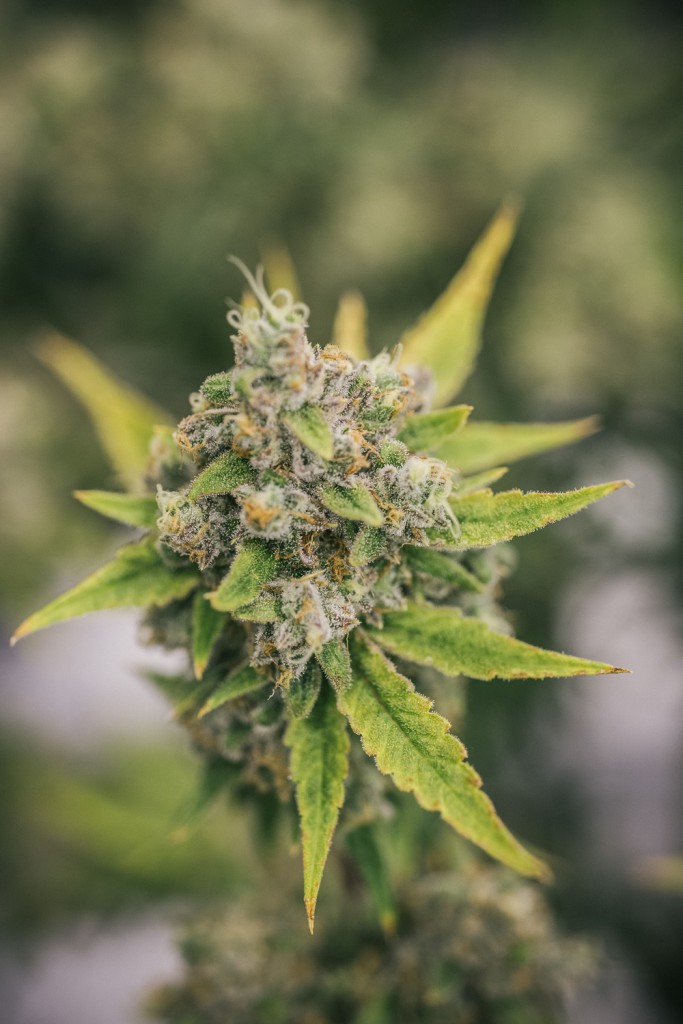
“Right now our greenhouses in BC are growing and vaulting much of the product so that it is ready to sell in October,” said MacCorquodale. “And we want to make sure we can deliver our product right across the country. We are ensuring our supply chain is ready to ship to stores, and we are learning how we can best participate in each retail market in each province—whether it’s publicly run or via private retailers. We are working hard to enter certain markets with our own Tweed stores so that people can interact with us directly. So, lots on the go in the next few months!”
The regulations that are coming into place regarding recreational cannabis will benefit everyone—including those using marijuana medical products—ensuring safer products and encouraging some healthy competition.
“Customers want to feel confident that the products they are buying are accurately represented and safe. I feel regulation is long overdue so that the scrutiny and oversight is in place to ensure this trust is established and maintained with the consumer. The cannabis industry will now be elevated to a mature level with regulations in place. You can feel safe buying cannabis from your local retailer, or from an online store, because you know all the products have the same stamp of approval from the government.”
MacCorquedale is confident there is enough business to support those willing to get onboard and follow the rules so that their product can enter the legal market.
“We want to educate people about what we bring to the table, and it’s up to the buyer to make their purchase decisions. We have a great variety of product from value-priced to high-end premium products, and we also feature many craft-grow products. We provide support to smaller craft producers and offer our supply chain to help get their niche product seen through our platform. We can lend a lot of value so they can focus on what they do really well which is grow great cannabis.”
Despite what opinions are, the cannabis industry is about to boom in Canada, and it will affect all areas of business, not just agriculture, and it will have an impact on employment, economies and communities.
Canada and companies like Canopy Growth Corporation are set to become leaders in the cannabis industry and training grounds for those who want to invest in this budding business.


